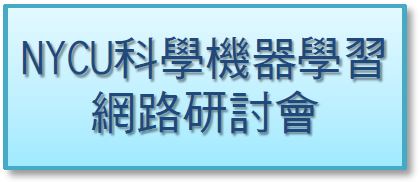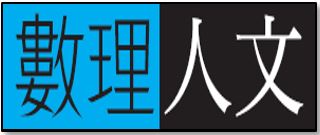Frequently Asked Questions
In a “Department of Applied Mathematics”, the main focus is on applications of mathematics in diverse fields such as physics, engineering, biology, computer science, etc. In a “Department of Mathematics” on the other hand, the main focus is on pure mathematics. Hence, students interested in theoretical and abstract mathematics are more suitable to enroll in the latter. Students who wish to apply mathematics to solve real-world problems, however, should consider enrolling in the former.
Even though the main focus of a “Department of Applied Mathematics” is on applications, this does not mean that students are not trained in abstract mathematics. Such training is still necessary to be able to understand applications of mathematics in diverse fields. Thus, the first two years of an undergraduate program in a “Department of Applied Mathematics” will not differ much from the first two years in a “Department of Mathematics”. The difference becomes, however, stronger in the final two years, where students in a “Department of Mathematics” will focus on deeper understanding of mathematical theories, whereas students in a “Department of Applied Mathematics” will mainly enroll in courses on applications of mathematics in different fields.
This broader focus of an applied mathematics program opens a lot of doors for graduates of a “Department of Applied Mathematics”. They can either enroll in graduate programs in many different fields or seek employment in companies which need mathematicians who are able to work together with a variety of people with very different backgrounds.
TopSince mathematics is considered to be a complicated and demanding subject, the most important thing is interest in problem solving and abstract thinking. Moreover, prospective students of a “Department of Applied Mathematics” should also have an interest in math-related areas such as physics, engineering, biology, computer science, etc.
Top- We have leading research teams in dynamical systems and differential equations, scientific computing and mathematical modeling, probability and financial mathematics, and combinatorics.
- We have our own library with abundant book collections and periodicals.
- We provide a very good learning atmosphere with close interactions between the faculty and the student body.
- We give students great freedom in choosing their own elective courses; including second major courses. Several students of our department have finished second majors in the Department of Computer Science and Information Engineering (CSIE).
- Graduates from our department have a great variety of employment opportunities and possibilities for further studies.
- Equipping students with problem-solving and abstract thinking skills.
- Providing a rigorous and complete mathematical training with the emphasis of applications of mathematics in science, technology and education.
- Encourage students to seek and develop cross-fields potentials and skills.
- Financial and business administration: banking sector, stock market, insurance companies, investment companies, actuary science, etc.
- Electrical and information engineering: semiconductor industry, communication technologies, computer companies, software industry, etc.
- Teaching in colleges and universities
- Medical engineering and industrial engineering
- Research institutes: Industrial Technology Research Institute (ITRI: https://www.itri.org.tw/eng/), Chung-Shan Institute of Science and Technology , Institute for Information Industry (III), etc.
- Others: pharmaceutical company, business, traditional industries, etc.
Due to the broad focus of our undergraduate program and the fundamental role of mathematics in applied science, our graduates can apply to graduate schools in many different fields, including mathematics, applied mathematics, electronics, communication, information science, statistics, industrial engineering, business administration, finance, actuary science, technological management, etc.
TopNote:
- For further questions send an email to hycheng@nycu.edu.tw (if you want to receive introduction material of our department please leave your postal address).




